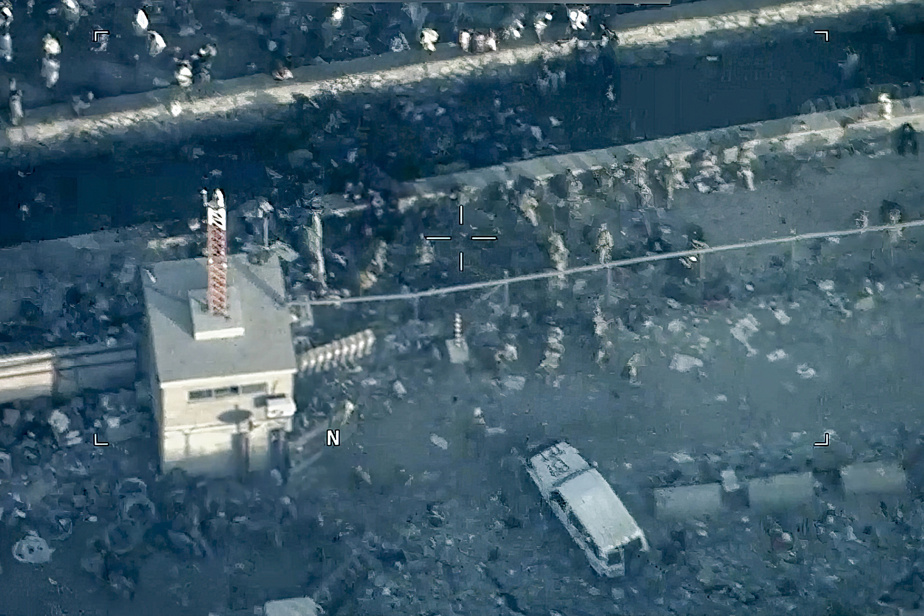(Washington) The mastermind of the suicide bombing near Kabul airport in August 2021, which killed at least 173 people, including 13 American soldiers, was killed by the Taliban, a spokesman said on Tuesday. the White House, confirming information from the American media.
The jihadist, whose identity has not been specified nor the circumstances or the date of his death, was one of the leaders of the Islamic State-Khorasan (EI-K) group “directly involved in the preparation of operations like those of ‘Abbey Gate,’ John Kirby, spokesman for the US Executive’s National Security Council, said in a statement.
He was referring to the attack carried out on August 26, 2021 near Abbey Gate, one of the three access points to Kabul airport at the time of the withdrawal of American troops from Afghanistan which drew widespread criticism.
“He was killed during a Taliban operation,” the spokesperson said. “We have made it clear to the Taliban that it is their responsibility not to allow terrorists, whether they belong to Al-Qaeda or I-K, to find refuge” in Afghanistan.
“I want to stress that this development illustrates the continued counterterrorism pressure against ISIS in Afghanistan and elsewhere,” a Biden administration official told The Washington Post.
“We see this operation as emblematic of an Afghanistan that has become a difficult environment for terrorists like ISIS who would go after Americans,” he added.
The Biden government began calling relatives of US service members killed in the attack on Monday to tell them the news, according to the New York Times, which reports that US intelligence learned of the information in early April.
The images of the chaotic evacuation of Americans and Afghans at Kabul airport at the end of summer 2021 shocked the United States and went around the world.
On August 30, 2021, one minute before midnight, the last American soldier had flown out of the airport in the Afghan capital 24 hours ahead of the deadline set by the American president for the withdrawal of troops from the country.
The Taliban had already regained power.
This withdrawal ended the longest military intervention of the United States, which began in response to the attack of September 11, 2001.
It claimed the lives of more than 2,400 American soldiers over nearly 20 years, according to the US military.
In early April, White House National Security Council spokesman John Kirby defended the way the withdrawal was carried out.
In particular, the American executive published a document concluding that there was no other “scenario” conceivable, unless maintaining in the country a reinforced and permanent American military force to fight the Taliban.

